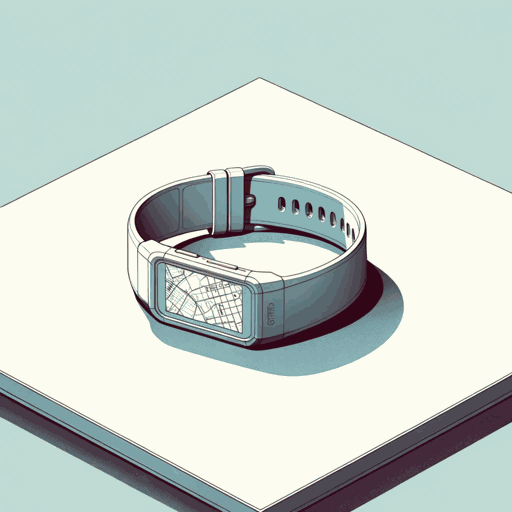50 pages • 1 hour read
Suzanne ParkThe Perfect Escape
Fiction | Novel | YA | Published in 2020A modern alternative to SparkNotes and CliffsNotes, SuperSummary offers high-quality Study Guides with detailed chapter summaries and analysis of major themes, characters, and more.
Important Quotes
“I was surprised she could tell I was Korean. Usually people assumed I was Chinese. Sometimes Japanese. Even kids at school who’d known me forever thought I was Chinese.”
(Chapter 1, Page 6)
In this passage that reveals Nate’s inner thoughts, it becomes clear that Nate is unfortunately accustomed to experiencing understated racism and bigoted behavior from others. He has come to expect the cultural ignorance of strangers and even casual acquaintances at school, seeing it as the norm rather than the exception.
“I didn’t want [Kate] to know I went to Clyde Hill Academy. CHA was the douchiest, most elite prep school for grades six through twelve in the Pacific Northwest, and I’d gone there the entire time. I also didn’t want her to know I was there on a full ride. Kids like me on full scholarship had a nickname at Clyde Hill. ‘Skids,’ short for ‘scholarship kids.’ There’s no positive association for that word. Skid row. Skid mark. Skids were also trolls on hacker forums, according to Urban Dictionary.
I hated being a skid.”
(Chapter 2, Page 17)
Nate deeply resents the nickname given to him because it designates him as inferior in the eyes of his classmates. The derisive epithet reminds him of his socioeconomic status and makes him feel like an outcast in his own community. This dynamic shows the harmful impact that pejorative labels can have on people’s own internalized sense of identity.
“Pete Haskill. The Fourth. Clyde Hill Academy Legacy. Captain of every varsity team sport offered. And the guy at school who frequently asked me how my karate skills were coming along and would then do some fake-ass karate chop on my neck, yelling ‘Bruce Lee, ha-yaaa!’ […] He also joked a lot about my skid status, meaning he did all the laughing, and I took the brunt of his ‘jokes.’ Other than this infrequent, ignorant, slapstick racism, he never targeted me, and his friends left me alone too. He wasn’t a horrible guy to me, all things considered. He could be worse for sure—I’d seen him do worse—but that didn’t mean he was a good guy to any of us scholarship kids. On a ten-point asshole scale, he was pretty up there. Pushing about the seven or higher range, into real assholedom.”
(Chapter 4, Page 34)
The first time that Peter is introduced, his casual racism becomes clear. His behavior is harmful even as Nate excuses his comments as small moments of benign ignorance. Nate realizes that Peter’s behavior, while inherently disrespectful and problematic, could nonetheless be much worse. This attempt to downplay and ignore the other boy’s behavior shows how marginalized people often rationalize the microaggressions perpetrated against them.

